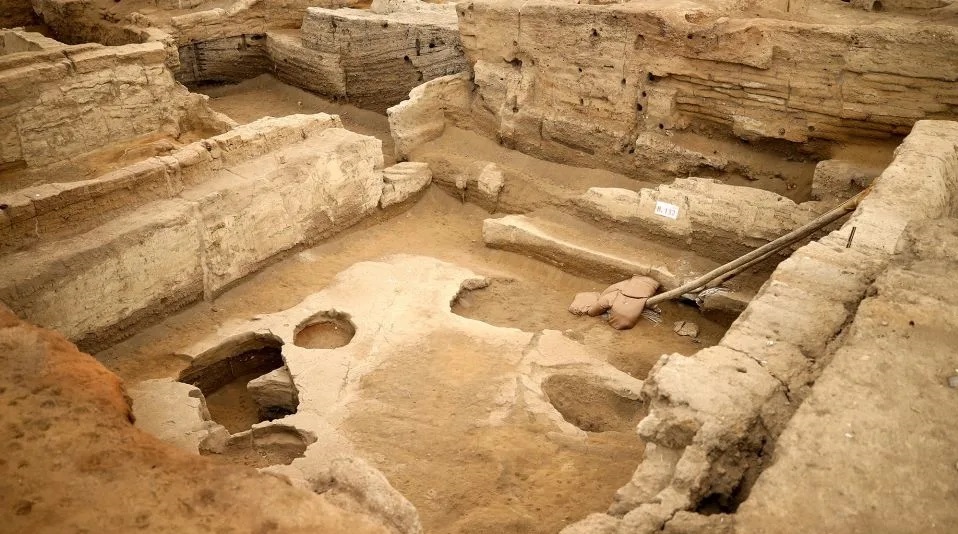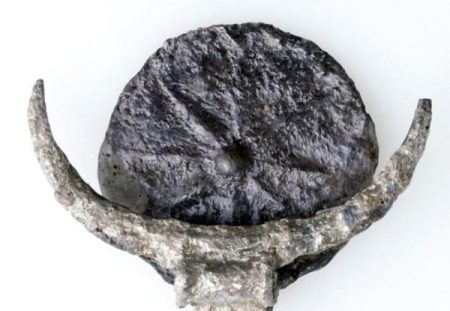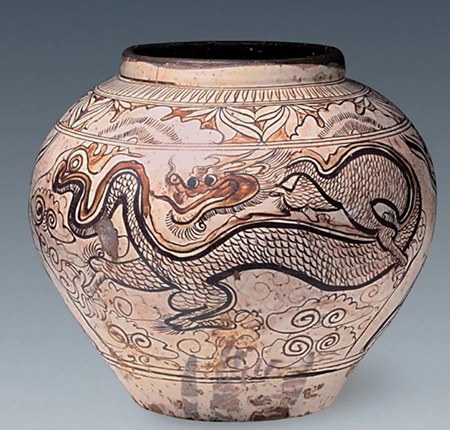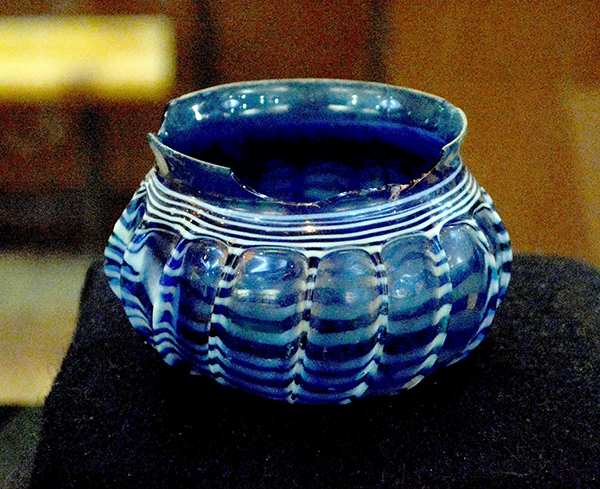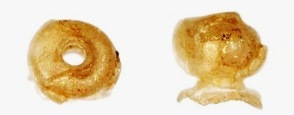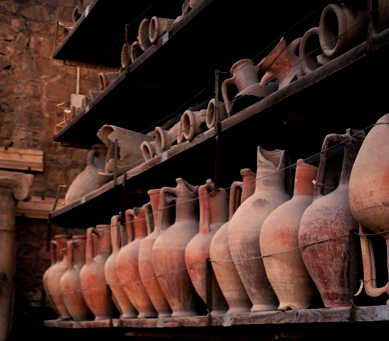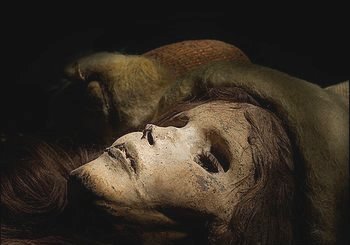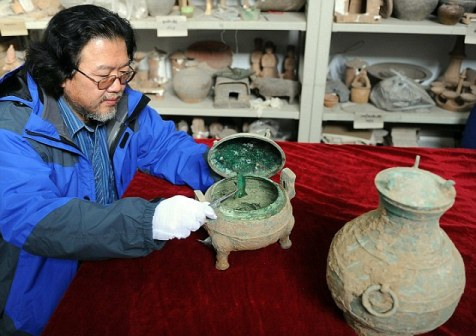The Oldest Bread in the World – Was Fermented!
A team of researchers from Anadolu University were excavating a bakery at the ancient city of Çatalhöyük, uncovered an artifact that has been identified as an unbaked loaf of bread from around 6600 BCE. Collaborating scientists detected a combination of wheat, barley, and pea seeds in the small, round loaf. They also found that the loaf had been fermented, which preserved the starches, and made … Read more

